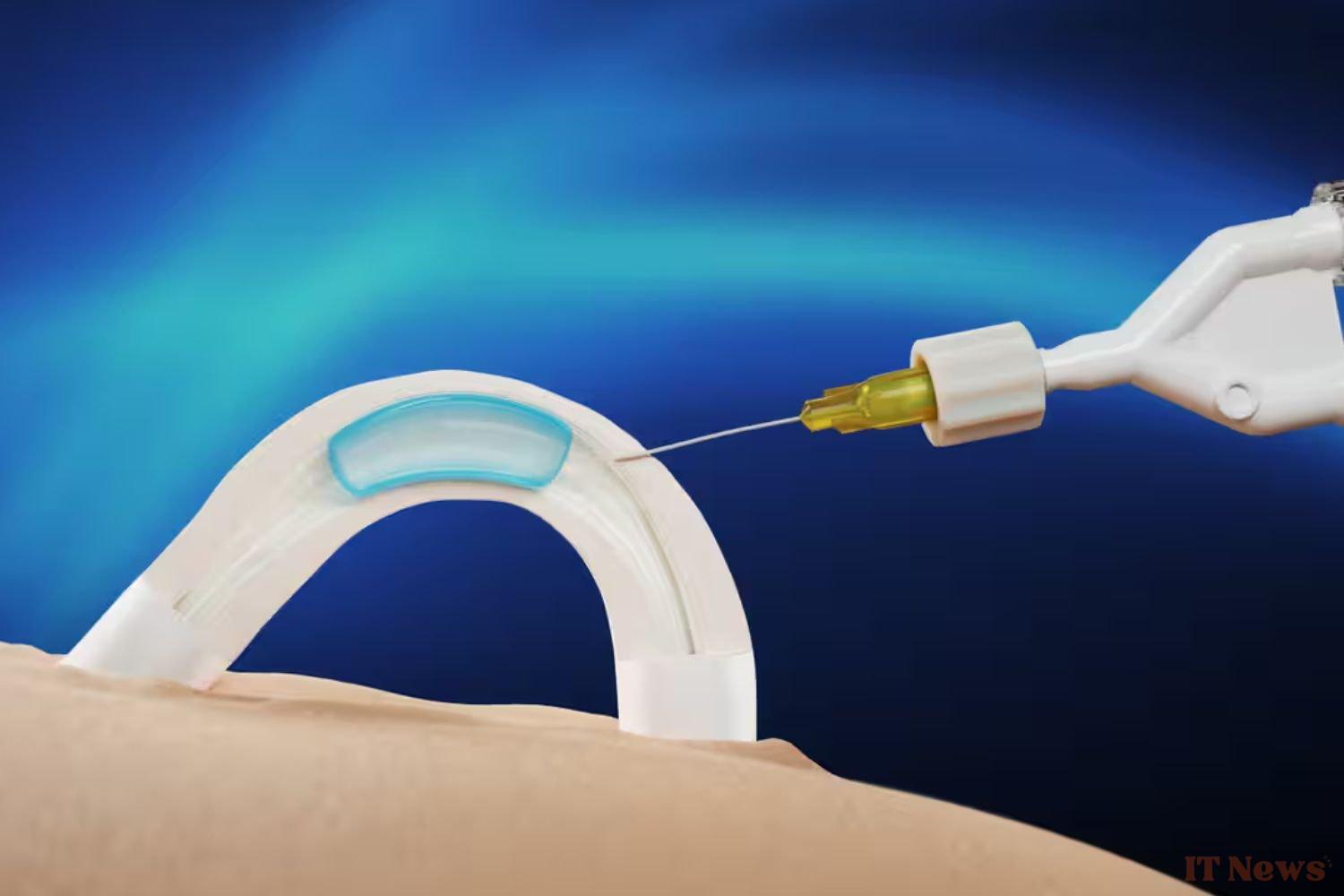More flexible than vasectomy, more practical than heated underwear, Adam could well redistribute the contraceptive burden within couples. Long confined to a few timid trials, male contraception is still far from being established among the general public. A new implant, called Adam, aims to change that. Developed by the American company Contraline, this non-hormonal device is currently in the testing phase. Its first trials have been successful, and it promises to offer effective, reversible contraception without major side effects.
How does it work?
Adam comes in the form of a water-soluble hydrogel, injected directly into the vas deferens, which carry sperm from the epididymis to the urethra. Once in place, the gel forms a physical barrier that prevents sperm from reaching the seminal fluid, without altering ejaculation or sensation. This technique is inspired by the principle of vasectomy, but with one major difference: whereas vasectomy relies on the section of the vas deferens, the implant is designed to gradually dissolve in the body, allowing a natural return to fertility.
The implantation procedure is quick and minimally invasive. Performed under local anesthesia, it lasts approximately ten minutes and does not require hospitalization or any particular convalescence. The patient remains conscious and can resume a normal life very quickly. For two years, Adam provides effective contraception without hormones, and therefore, a priori, without side effects.
Conclusive initial tests
The results of a first clinical trial, conducted on 25 volunteers in Australia, are promising. In the first two participants who reached 24 months of follow-up, no trace of sperm was detected in the ejaculate, a sign of total contraceptive effectiveness. From the first month, almost all participants showed a reduction of 99.8 to 100% of the number of motile sperm.
The observed side effects (mild pain, temporary discomfort) are currently comparable to those of a conventional vasectomy, without the risk of long-term complications. The main advantage of the Adam device lies above all in its reversibility. Unlike a vasectomy, which is difficult to reverse, the implant is supposed to dissolve spontaneously after two years. If the patient wishes to extend the contraception, they can simply have a new hydrogel reimplanted. The reversibility of the product remains to be confirmed on a larger scale. A second test is expected to be implemented this year.
If it proves conclusive, Adam could mark a major turning point in the management of male contraception. For the first time, a non-hormonal, effective, reversible method without major surgery would become accessible to people with penises. It would offer a credible alternative to existing contraceptives, for which women often bear the contraceptive burden alone. The current lack of definitive data on the reversibility and long-term effects of blocked vas deferens has yet to be confirmed, but Adam is already opening a new and concrete path towards a balance of the contraceptive burden.



0 Comments